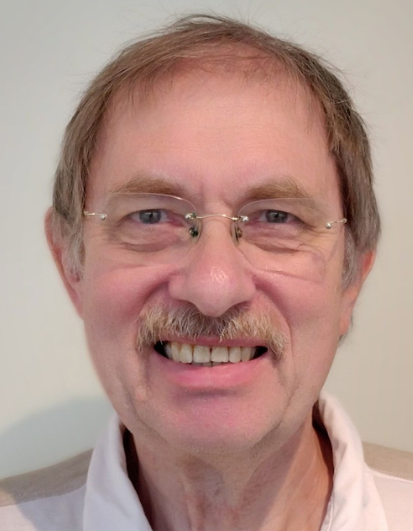Course duration: 10 half days 09:00 to 13:00 / 40 hours
Feb 7th / Feb 14th / Feb 21st / Feb 28th / March 21st / March 28th / April 4th / May 09th / May 16th / June 13th 2025
Language: German Level B2
Costs course incl. guided self-study time (1:1 coaching) CHF 930.-
Cost of oral examination (colloquium) course CHF 200.-
Cost of written exam course CHF 200.-
All as part of module examination M1
Course content
- cell and tissue theory: organizational levels of the human body, the cell as a basic building block, cell division, basic types of tissue (3h). Overview of the cardiovascular system (1h)
- Heart, circulation, vascular system, blood. Respiration, kidney Contents: Structure and tasks of the cardiovascular system, structure and tasks of the individual sections: Heart, arteries, veins, capillaries. Tasks and composition of the blood (2h) Structure and tasks of the upper and lower respiratory tract, respiratory mechanics (1h), kidney (1h)
- Digestion and metabolism, immune system Contents: Basic concepts of metabolism, overview of food components, structure and function of the digestive tract, structure and function of the liver and pancreas (3h) Immune system: components and functions of the lymphatic system, active and passive immunization (1h)
- Endocrine system, reproductive system Hormonal glands and endocrine tissue, hierarchy of hormonal secretion and regulatory circuit (2h). Structure and function of the male and female reproductive organs, pregnancy (2h)
- Nervous system and sensory organs: tasks of the nervous system, structure and function of nervous tissue, classification of the nervous system into central nervous system, peripheral nervous system, autonomic nervous system (2h). Skin: structure and functions of the skin and skin appendages (1h). Eye and ear: anatomy, sensory modalities and qualities (1h)
- skeleton, trunk – overview of the spine (vertebral structure, curvatures, discs, ligaments, movements) ribs, rib cage, trunk muscles (back / abdominal / respiratory muscles). Head, neck
- lower extremity 1: pelvis: bones, ligaments, joints femur, hip joint (with ligaments). Hip muscles (including iliopsoas muscle, gluteal muscles) Thigh: ischiocrural muscles
- lower limb 2: muscles of the front of the thigh, adductor muscles. Knee joint. Lower leg and foot: bones, joints, muscles
- upper extremity 1: shoulder girdle, shoulder joint, shoulder muscles. Upper arm: humerus muscles, elbow joint 1
- upper extremity 2: elbow joint 2, forearm: bones, ligaments, muscles. Hand: bones, joints, muscles
Link to disorders and clinical symptoms in their basic principles

